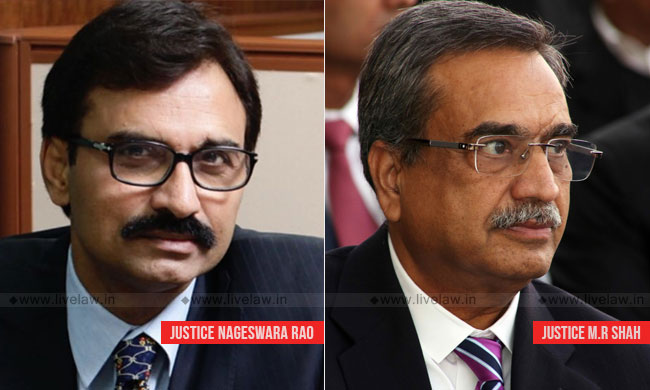Mere Allegations Of Harassment Without Proximate Positive Action Not Sufficient For Conviction U/S 306 IPC: SC
Ashok Kini
18 Jan 2019 4:48 PM IST

"In order to bring a case within the purview of Section 306 IPC, there must be a case of suicide and in the commission of the said offence, the person who is said to have abetted the commission of suicide must have played an active role by an act of instigation or by doing certain act to facilitate the commission of suicide."
Next Story


